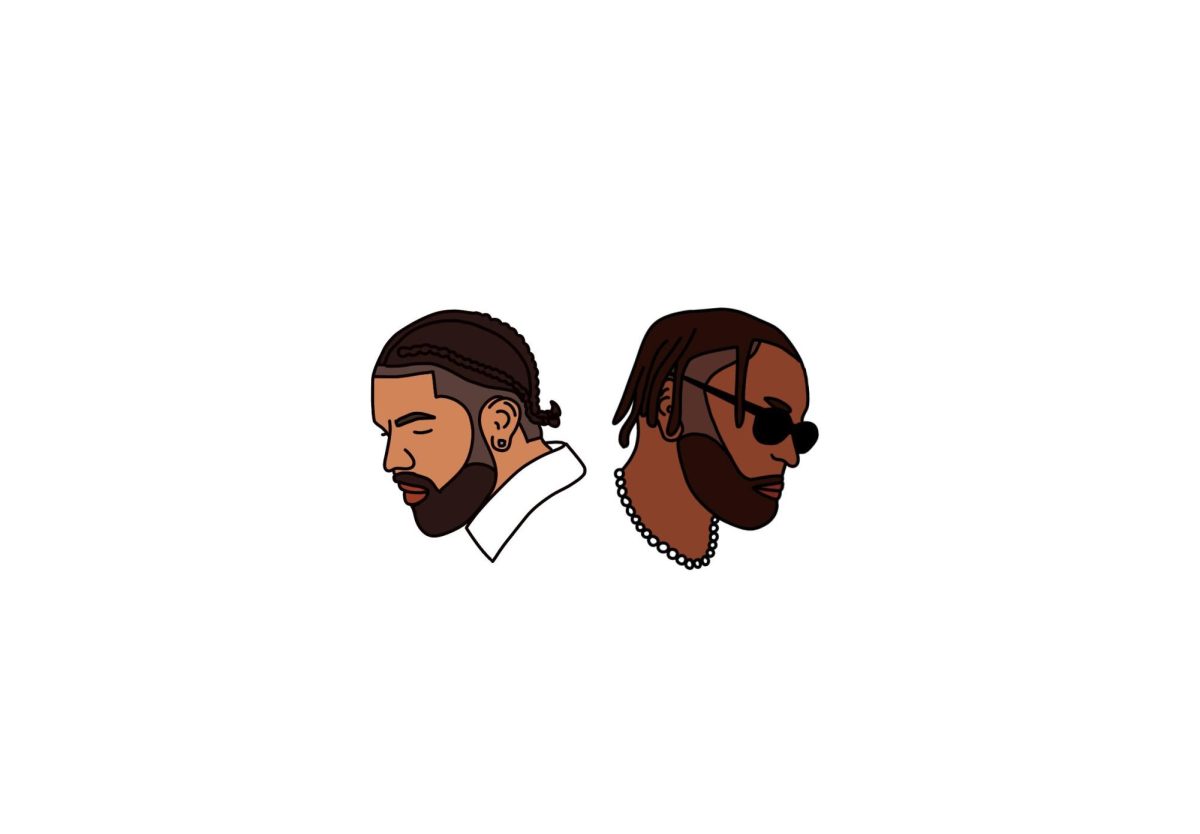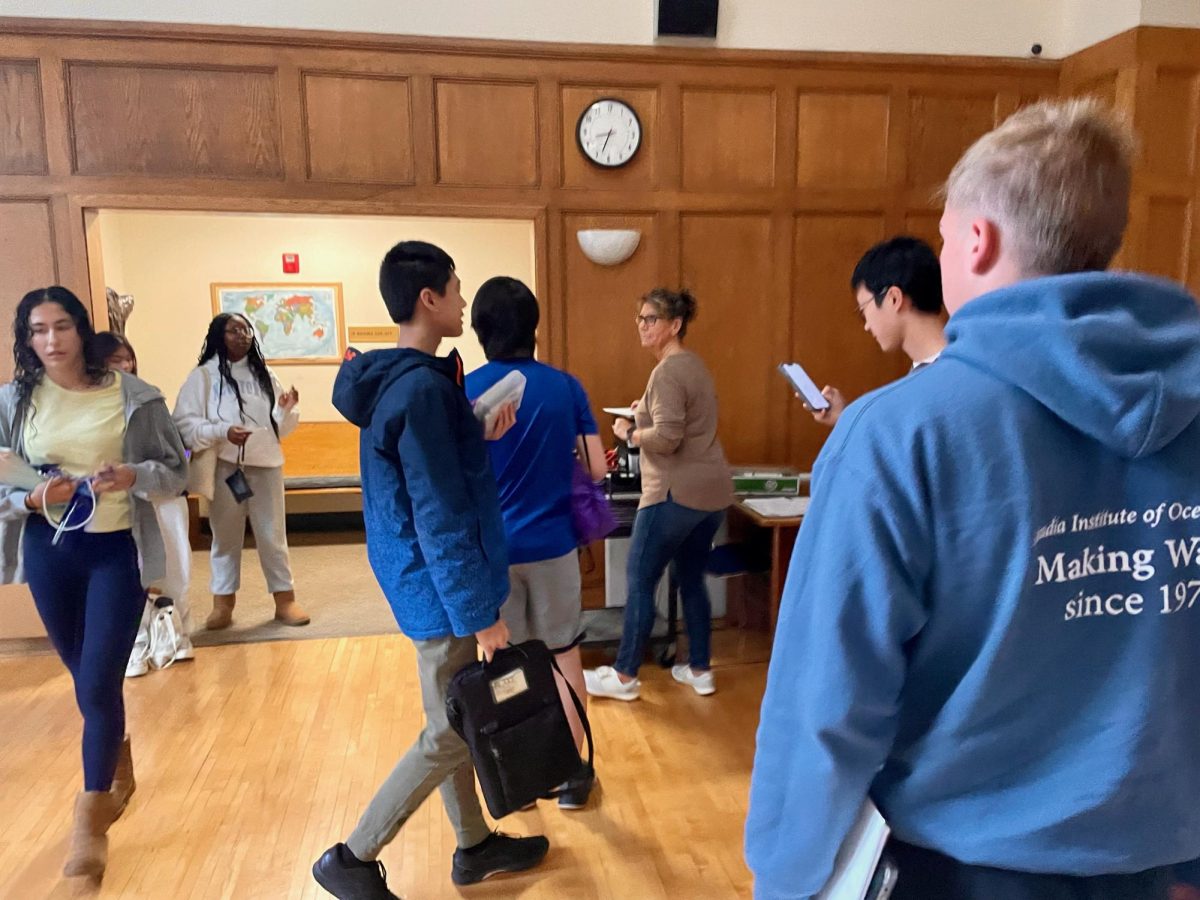¡Hola! Hello! Bonjour! Hallo! Salam! I just greeted you in Spanish, English, French, Dutch, and Azerbaijani. Why? To emphasize the fact that learning a second, third, fourth, or even fifth language is immensely beneficial to your standing in the world around you. Sure, you’ll probably only speak Azerbaijani in Azerbaijan, but you just never know. You may hear any one of these languages here in the U.S. or abroad.
The fact of the matter is that learning another language is immensely advantageous when it comes to your ability to communicate and even emotionally engage with people around you. This is something I learned firsthand this past June when I stayed abroad in Cuba. While there, I had the chance to speak Spanish for hours at a time over 21 days. It was a rewarding experience, both culturally and linguistically.
But don’t just take my word for it. Take the word of Jon Dicus, Spanish teacher and one of the chaperones on our trip. Dicus, fluent in both English and Spanish, notes, “Being bilingual gives you another way of understanding how people see the world. If you’re engaging with people from other cultures, and you can use even just a little bit of another language, you’re sending a message to that person that their language has validity.” Dicus is right on point. It’s astonishing the joy it can bring to a foreigner when you can simply converse with them in their native tongue. As Dicus explains, it shows the person that you care about their language and went to the effort of learning it. This was something I, as well as the ten other Spanish students on the trip, absolutely felt while abroad.
Ultimately, though, I understand that learning another language is time-consuming and not practical for everyone. Not to worry! If you go to another country and don’t speak the language, you can still demonstrate a desire to learn more. Moreover, you’re not absolutely cut off from communication. As Matt Sill ‘17, another student on our trip, notes, “I formed some wonderful bonds with exclusive Spanish speakers. I never really learned how to communicate with them in Spanish, but I learned a lesson or two in nonverbal communication skills, which can definitely convey emotion and humor just as well as language can, even if the literal meaning of our communications were lost somewhere in the language barrier.” Sill was one of four students, along with chaperone Dion Crushshon, who came into the trip with little to no Spanish. And yet, he still had a wonderful experience abroad.
So, take both his and Dicus’s two cents. If you have the time and the resources, grab a Rosetta Stone and start diving into a new language. If you don’t have the time, remember that a great amount of our communication is nonverbal and do what you can to connect. As Dicus notes with regards to our specific trip, “It’s that immersion piece that really makes it count, whether you have Spanish or not. When you live that experience, firsthand, of being an outsider, you have a greater and a heightened sensibility of what it means to be an outsider.” Who knows, maybe this immersion Dicus talks about will provide you with some language along the way!





